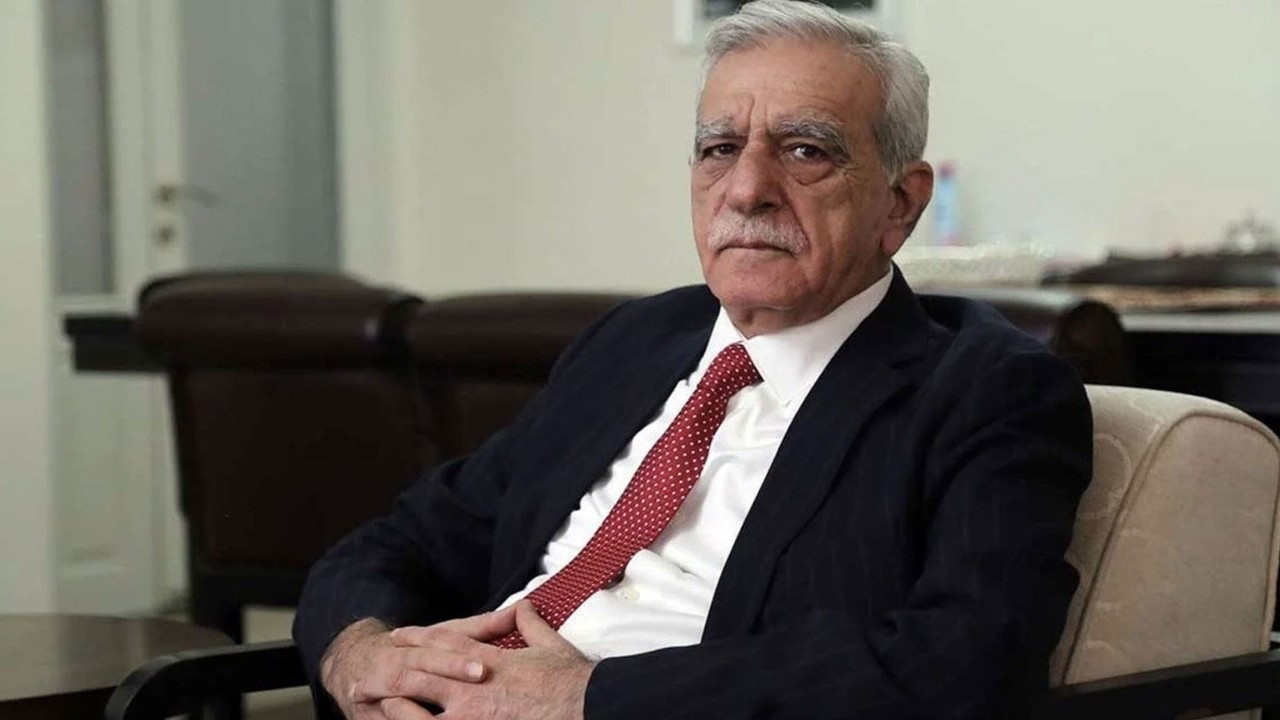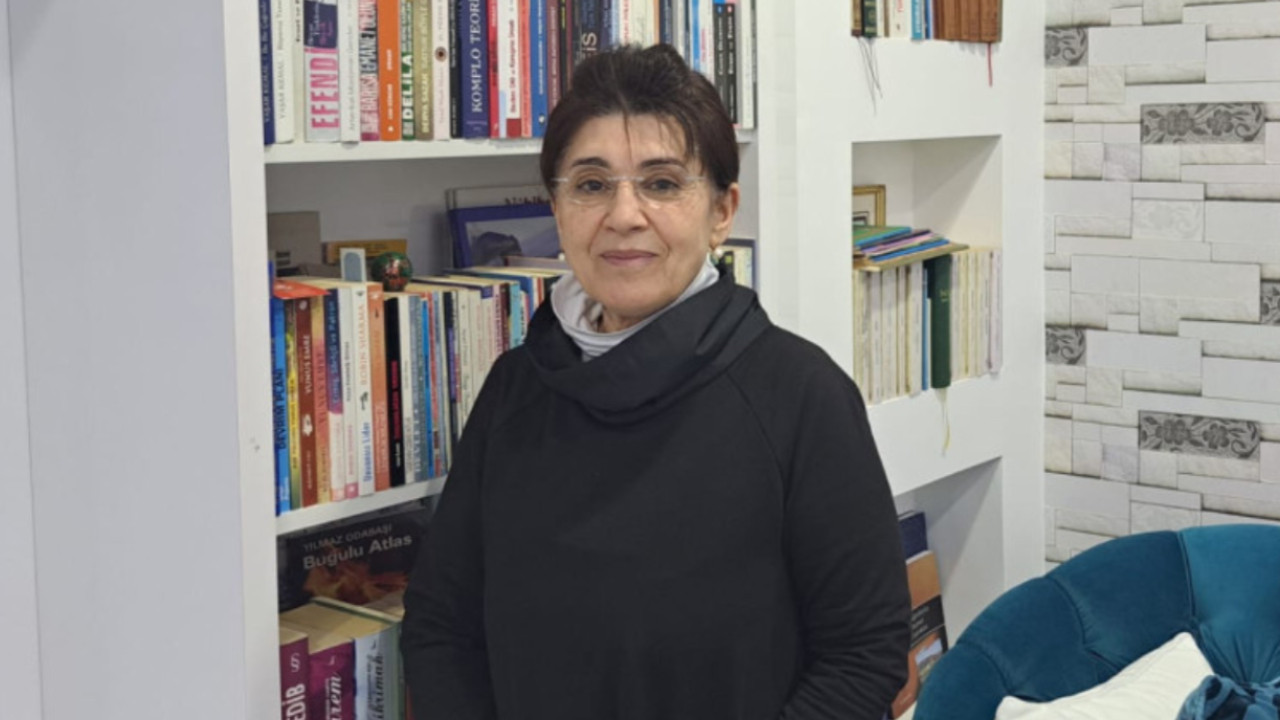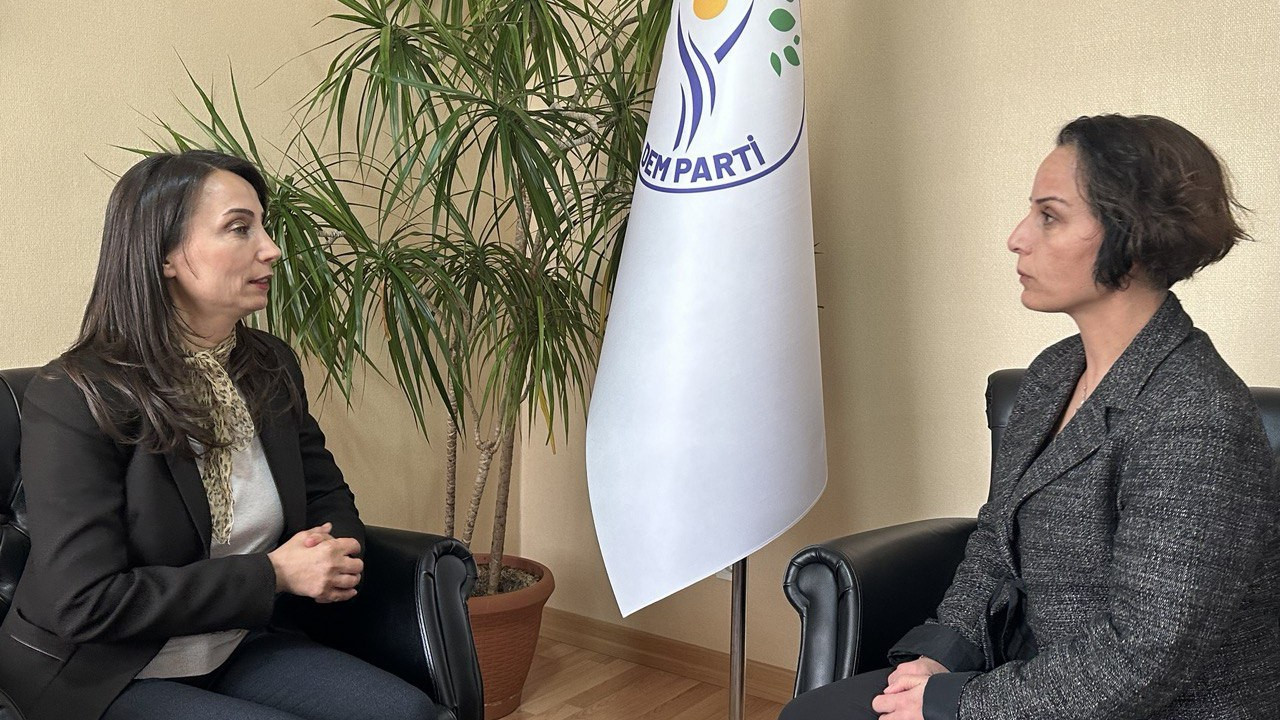Kışanak believes chance of peace process after local elections slim
Gültan Kışanak, the jailed co-mayoral candidate of the pro-Kurdish DEM Party for the capital Ankara province, has stated that she did not believe the peace process could be reinitiated after the local elections, as some Kurdish politicians expected.
Duvar English
Gültan Kışanak, the pro-Kurdish Peoples’ Equality and Democracy (DEM) Party’s co-mayoral candidate for the capital province of Ankara has stated that the chances for the peace process to begin after the local elections of March 31 were “very slim,” during a March 26 interview with the online news outlet T24.
Kışanak answered questions from 14 journalists through her lawyers. She has been in jail since 2016 and was sentenced in February 2019 to 14 years and three months in prison on charges of “being a member of” and “making propaganda for" the outlawed Kurdistan Workers Party (PKK).
Asked about her expectations about the possibility of the peace process to begin after the local elections, Kışanak responded that she saw the chances as very slim. She added that great responsibility fell on the main opposition Republican People’s Party (CHP) for a solution as the founding party of the Republic.
She commented that as long as the opposition stayed within the boundaries drawn by the government when it came to the Kurdish issue, the political impasse would continue. “The opposition needs to change its political attitude towards the DEM Party and the Kurds,” said the co-mayoral candidate.
She continued that the CHP should stop reducing politics to the ballot. She criticized the main opposition as well as the ruling Justice and Development Party (AKP) for framing the local elections as a “matter of life and death.”
“Of course, all elections are important, but these local elections are not destiny-altering. Our destiny is determined by the politics we choose to conduct,” said Kışanak.
The jailed politician commented that the current political environment was not conducive to a peace process. “If the AKP tries to resolve the issue, the CHP would object. If the CHP wants to resolve it, the AKP would accuse them as ‘traitors,’” she suggested.
She concluded, “The Kurdish issue can only be resolved with non-partisan politics.”
Kışanak added that nationalism arose from patriotism in Turkey, and pulled both sides further to the right. “Therefore, the Kurdish issue is not just the issue of the Kurds. It is an issue of Turkey’s democracy,” she said.
Kışanak also reflected on recent comments from prominent Kurdish politicians such as Ahmet Türk and Leyla Zana that identified the Turkish government and President Recep Tayyip Erdoğan as the appropriate authority for the peace process.
“Ahmet Türk has pointed to the AKP’s influence on all state institutions as the current government,” she said. The politician did not mean to imply any willingness or goodwill on the part of the ruling party, she suggested.
“Otherwise, we are all deeply aware of what the AKP government has put us through, and we continue to live it.”
Kışanak concluded that their main demand was to achieve societal peace without abusing the Kurdish issue for election campaigns.
“The governments come and go, but the Kurdish issue remains. Thus passed the first century of the Republic. We don’t want its second century to pass like that,” she concluded.


 Veteran Kurdish politician Ahmet Türk says not CHP but Erdoğan can convince ‘deep state’ for solution of Kurdish issuePolitics
Veteran Kurdish politician Ahmet Türk says not CHP but Erdoğan can convince ‘deep state’ for solution of Kurdish issuePolitics Erdoğan should re-initiate peace process, says veteran Kurdish politician Leyla ZanaPolitics
Erdoğan should re-initiate peace process, says veteran Kurdish politician Leyla ZanaPolitics DEM Party co-chair Tülay Hatimoğulları: 'Peace process not mere campaign promise'Politics
DEM Party co-chair Tülay Hatimoğulları: 'Peace process not mere campaign promise'Politics